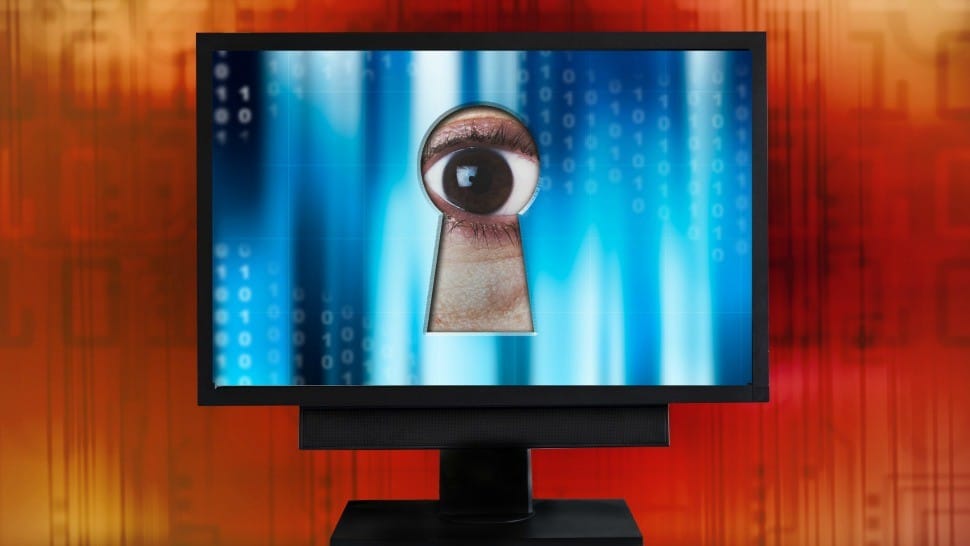
Convenience was the idea behind the creation of the internet, and not for security purposes. If you are surfing the internet just like an average person who is capable of accessing it, then there is a great chance that there are many people using scripts, spyware, cookies or even through a camera to keep track of your browsing habits.
In this article, we are going to enumerate 4 best things you can do to avoid a malware or the use of remote servers to spy your online activities.
Keeping Your Software Updated
Keeping your operating system (OS) up-to-date is the easiest way to ward off malicious people from tracking and recording everything about you. When you update your operating systems, your OS provider releases security updates to critical parts of your computer, this can prevent automatic security breach as well as turn some spyware into a useless piece of code.
Make Use of Only One Unique Active Antivirus
For an antivirus to work well, it needs to act suspiciously. Combining two antivirus programs will lead you to get a false positive from one program or the other. Sometimes the two different programs will prevent each other from working correctly. If you really must use two antivirus programs, then you have to update your signature database.
To do this unplug your computer from the internet and disable the main antivirus completely. Then run the second one in an “on-demand” mode. Go back and launch your main antivirus and start using your computer as normal.
Avoid unnecessary downloads from websites
Always use official sites when downloading something. Alternatively, you can make use of trusted repositories such as Linux, BSD or MacOS. For example, if you need to download the VLC media player, go to its official site, search on google for it: www.videolan.org/vlc/. Never use any other random links from unofficial sites, even if your antivirus does not notify you when you do so.
Always Use a Firewall
Note that a firewall is not a gate or wall, it is like a switchman in the middle of a train station. The trains can be termed as networks, and the platform as ports while the railways can be named as streams. A train cannot unload what it is carrying by itself. It will need somebody to do that, that’s when a service or daemon (a program that listens to particular ports running in the background) comes in.
This implies that you can’t control what is going out (except if you unplug your internet cable) but you can see logs of what is going out, just log all the unexpected data and hence block anything that is on-going excerpt your established networks and connections.
There are two excellent firewalls that are integrated under Linux/*BSD. They are IP-tables/Netfilter and pf respectively. Also, the MS Windows have a good one.
EndNote
Staying safe online, and keeping your online activities confidential is very paramount in today’s world where hacking. So, therefore, we have to take responsibilities of our online privacy, thus, it is advisable to follow the above tips and many others that are available online so that you won’t wallow in confusion when spies and attackers hit you.






